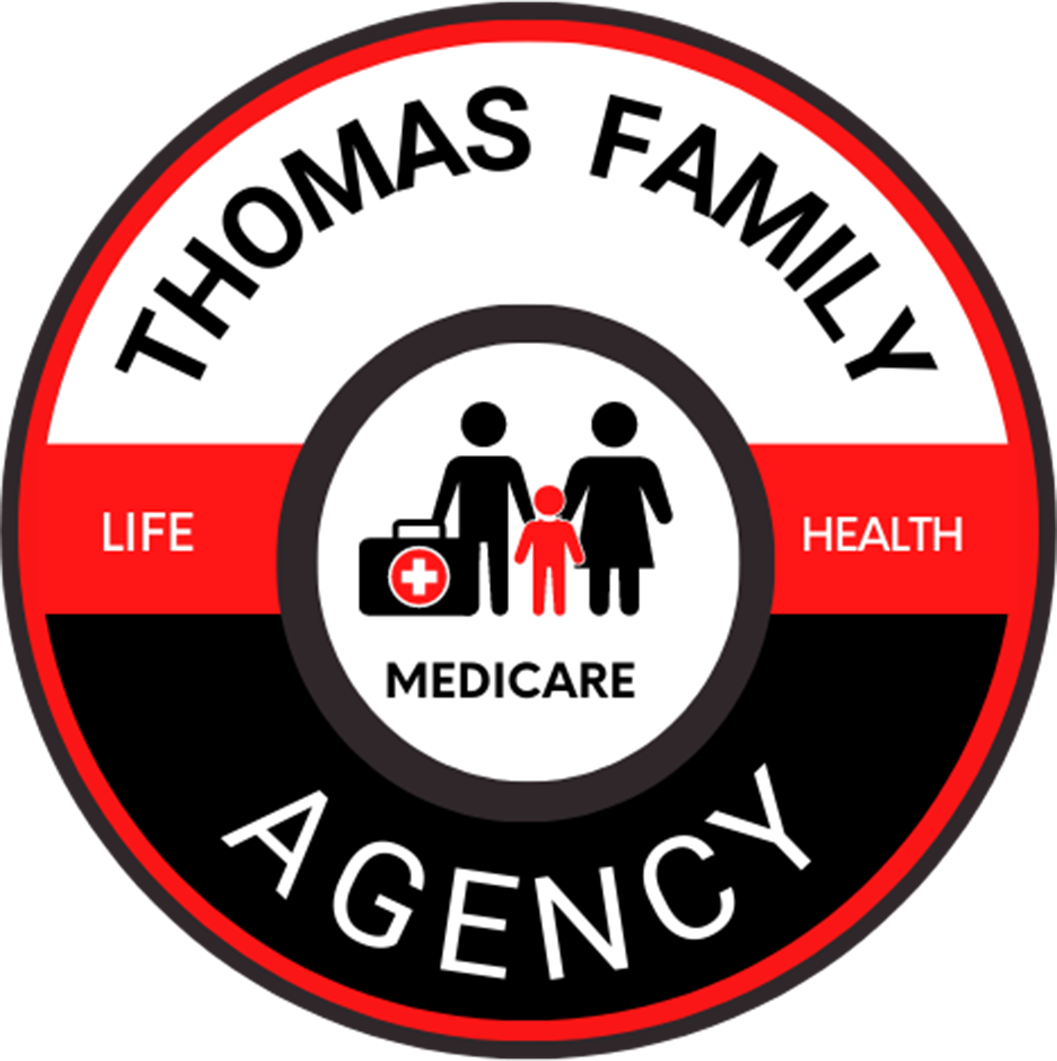Medicare’s Annual Enrollment Period (AEP) happens every year from October 15 to December 7. This is your limited-time opportunity to make changes to your Medicare coverage. Navigating AEP can feel confusing, but don’t worry — this blog will simplify the most common questions and empower you to take informed action. Even if you think your plan is working just fine, we encourage you to read through each FAQ carefully.
What if I miss the Open Enrollment deadline?
If you miss the Open Enrollment deadline, you’ll need to wait until next year’s window to make changes unless you qualify for a Special Enrollment Period due to a major life event. Missing this opportunity might limit your healthcare options or cost you extra, so it’s important to act timely.
When can I learn about next year’s plans?
Information for next year’s plans is available beginning in October. You can access these details by calling 1-800-MEDICARE or visiting Medicare.gov. Staying informed about changes and new options helps ensure you make the best decision for your needs.
What’s the difference between Original Medicare and Medicare Advantage?
Original Medicare is government-managed and typically paired with separate drug coverage and optional Medigap. Medicare Advantage plans are offered by private insurers and often bundle medical and drug benefits, with some including extras like dental or vision. Understanding these differences can lead to better choices that suit your personal health requirements.
What changes can I make during Open Enrollment?
During Open Enrollment, you can switch from Original Medicare to a Medicare Advantage plan, change from one Advantage plan to another, or modify your Part D prescription coverage. These changes can significantly impact your coverage and out-of-pocket costs, making it vital to evaluate all options carefully.
Do I need to do anything if I’m happy with my current plan?
Even if you’re satisfied with your current plan, it may be a good idea to review your coverage. Premiums, provider networks, and drug formularies can change each year. Regularly reviewing your plan ensures you don’t encounter unexpected expenses or disruptions in care.
Understanding AEP gives you control over your healthcare decisions. Start researching early, use trusted resources like Medicare.gov, and speak with a professional if needed. Even a small review of your plan can lead to big savings or better coverage in the year ahead.
